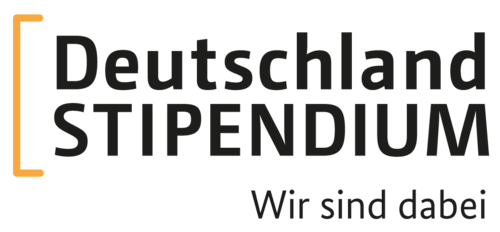EU-Horizon 2020: Middle East Research and Innovation Dialogue
The MERID project proposes a comprehensive action to intensify and encourage research and innovation cooperation between the EU and the Middle East region, directly involving partners from Egypt, Iran, lraq, Jordan, Lebanon and Palestine. The project intends to build upon the experience carried out in countries of the region, with comparable framework conditions, that have already participated in the previous framework programmes, and therefore are at a relatively advanced stage of research cooperation with Europe, like Egypt and Jordan.
As stressed in other sections of the proposal, attention is paid to calibrating in the most appropriate way the intervention logic of the project, adapting actions to the specific needs of the target countries and their research constituencies. The needs of Iran and lraq will for sure prove different from those of countries where cooperation with the EU has a proven track record behind. The enhancement of international cooperation requires a holistic approach which has to encompass a broad range of interventions, such as: formulation of national research priorities and their alignment with the EU or other international cooperation partners; formulation of positions or managing processes related to the mobility of researchers, or to the empowerment of research organisations to take initiatives in cooperation with other countries' research bodies; managing and adaptation of national funding programmes, in order to allow participation from and to other or international programmes; organisation of efficient mechanisms for the scientific constituencies to provide input to policy making; finding resources efficient ways of encouraging innovation and societal and economic impact deriving from research undertakings. In an attempt to address this broad spectrum of interventions, the project presents a set of inter-related objectives, on two complementary levels; strategic and operational.
-
Funding authority: Europäische Union - Forschungsförderung
-
Duration of the project: 01.01.2015 - 30.06.2018
-
Scientific coordination: Prof. Dr. Cilja Harders
-
Project partners: Ministry of Higher Education, Egypt

